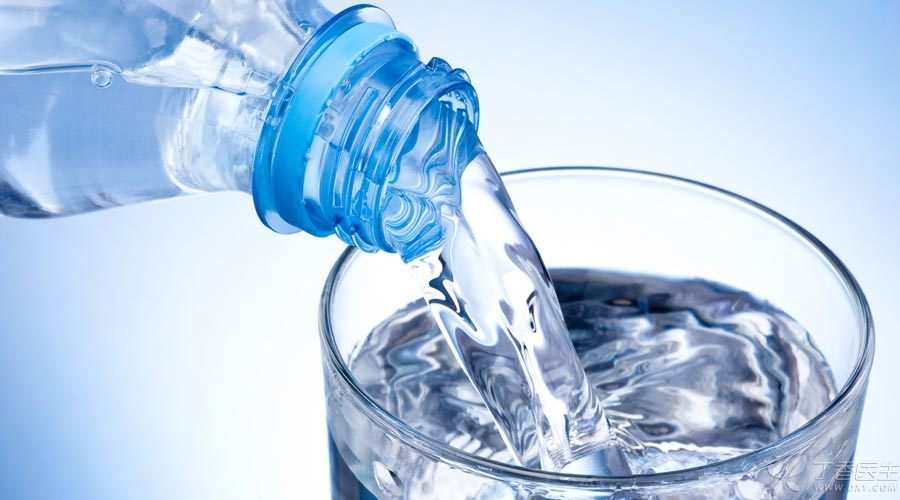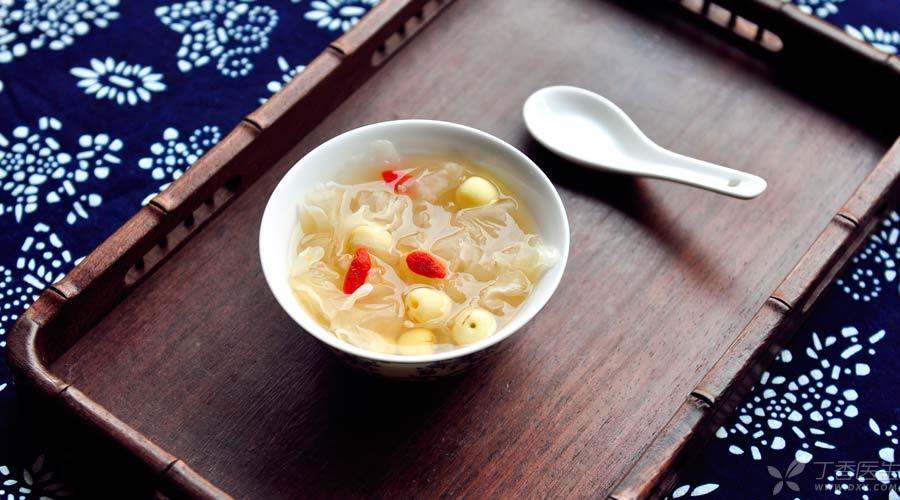
When Ding Dang had no memory, he was often said by adults:
Be sure to eat something else before drinking milk.
If you drink soup before meals, you will not be able to eat.
You can’t drink water before eating, even if you are thirsty, you have to endure it…
Ding Dang used to be young and could not say how wronged he was, but now it is different.
Ding Dang helped his glasses: These soups and water are good as long as they are drunk right.
Drinking water before meals will dilute gastric juice and affect digestion?
Normal people have less gastric acid content on an empty stomach before meals, that is to say, there is not much gastric acid in the stomach that can be affected before meals (if there is a lot of gastric acid at this time, there is a problem with digestive function), and only after eating will a large amount of gastric acid be secreted.
So, will drinking soup and water while eating affect digestion? Nor is it.
Gastric acid (gastric juice) is a kind of [buffer solution]. Buffer can be simply understood as [soldiers come to block, water comes to cover up]. Gastric juice will not easily become very sour, nor will it be easily diluted, and gastric motility is not so easily insufficient.
Besides, after drinking water, the water will not stay in the stomach for too long, and will be discharged in about ten minutes. It will not have time to affect the acidic environment in the stomach, and there will be no chance to accumulate more and more and cause gastroptosis.
Therefore, for people with normal digestive function, drinking water at any time is no problem.

Drink milk before meals, will there be no nutrition?
Rumor has it that milk cannot be drunk on an empty stomach. One is that milk protein will be converted into calories and consumed, which is too wasteful. The other is that drinking milk on an empty stomach will cause diarrhea.
Let’s talk about protein first. In addition to protein, milk also contains lactose and fat, which are preferentially decomposed to provide energy and finally protein, so there is no need to worry about waste of nutrition.
Besides, diarrhea. It is true that some people with severe [lactose intolerance] will have stomachache and diarrhea as long as they drink milk, whether on an empty stomach or not. However, most people do not have lactose intolerance, and many people drink milk from an early age and have strong ability to digest lactose, so the average person does not have to worry about this problem.
In short, there are two points:
-
If you feel uncomfortable drinking milk at ordinary times, then don’t drink it on an empty stomach.
-
If you don’t feel uncomfortable drinking milk often, it’s no problem to drink a glass of milk to fight hunger at any time.

Drink soup before meals, [slim and healthy] or will you gain weight?
You may have heard the saying [drink soup before meals, be slim and healthy, drink soup after meals, and get fatter and fatter].
But in fact, no matter before or after meals, whether you drink soup or not depends only on what in the soup and how much you drink. Thick soup, oil soup, chicken soup, sweet soup… As long as it is a lot of oil and sugar soup, no matter how much you drink, how much you drink, you will gain weight.
Everyone should choose how to drink what according to their own situation.
1. If you want to lose weight, don’t drink soup or water.
Some studies have shown that when you insist on drinking 500 milliliters of water 30 minutes before meals (note, it is water! ), help control appetite, is good for weight loss.
This is a good habit for most fat friends whose digestive function is stronger than that of normal people.
2. If you often have meals (or even wine), drink soya-bean milk
Drinking a large cup of light soya-bean milk or coarse cereal soya-bean milk (the best with bean dregs), or a cup of sweet milk and a cup of yogurt one hour before meals can help you better cope with the meal (wine bureau).
The main purpose is to put something in your stomach in advance so as to avoid a big appetite at the beginning of the meal.
In addition, most meals eat food and drink as soon as they come up, and there is no staple food. If you eat (drink) something in advance before going to the dinner, it is not so easy to feel uncomfortable or get drunk.
Speaking of which, Ding Dong will solve a century-old problem by the way: should fruits be eaten before meals or after meals?
In fact, the same reason is true: as long as you don’t have enough to eat, you can eat.
Of course, if you want to lose weight, eat before meals.
